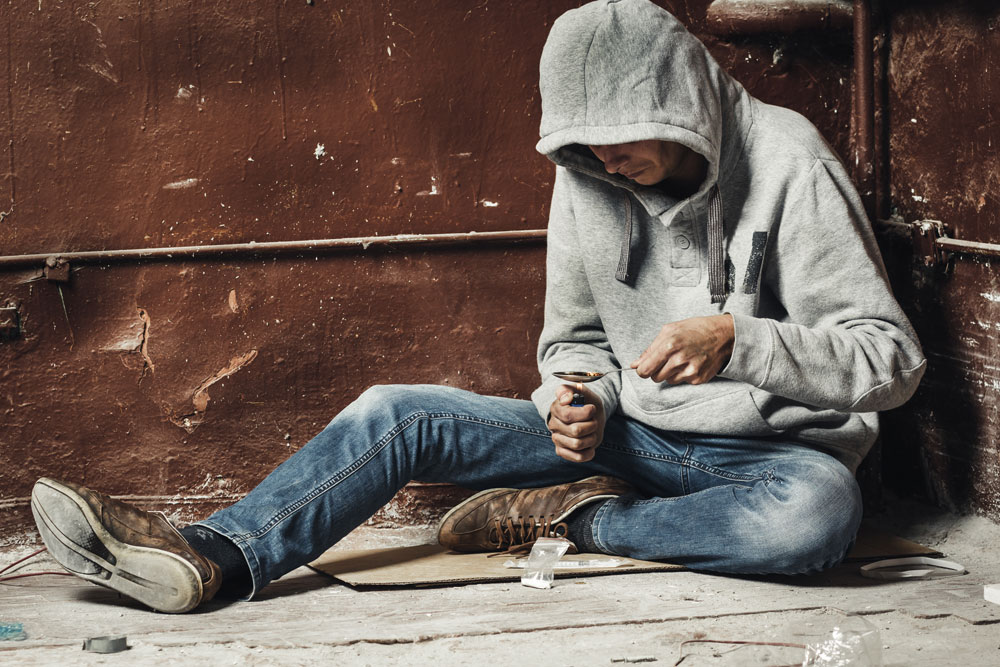Opiate Addiction

Why Do People Use/Abuse Opiates?
Opiate Addiction | In the opiate family, Opiate dependence is the most deadly and toxic of them all, claiming lives all over the world from opiate overdoses. Although Opiate itself, is rarely used in medical practice, other opiates flood the market and are used every day as medically-prescribed pain relief.
People come in with all sorts of small to substantial injuries and get prescribed opioids. Most people do not realize how addiction to opioids are, can damage your mental health, and most of the time do not even know they are in need of an opioid treatment program, ( OPT ) or opioid withdrawal treatment ( OWT ) until they run out of their scripts and can’t get them refilled. Having extreme opiate withdrawal symptoms and no way to get more medicine from the doctor, they turn to the far cheaper and much more deadly alternative — Heroin.
Opiate abuse has swept across the United States, causing opiate overdoses and killing thousands every year. Break headlines across the globe on almost all major media outlets, calling it an epidemic. It is incredibly essential that you understand the effects of Opiates so that you can begin to fight the opiate addiction that you or a loved one may be experiencing and how to go about their opiate addiction treatment.
What is Opiate? And where does it come from?
Methods of Consumption | Opiate Addiction
Why Medical Detox?
Leading a drug and alcohol-free life is a life-long process. The first step is to complete Medical detoxification. This allows you to come off the drugs or alcohol safely, closely monitored at all times by medical nurses, doctors, and therapists. This is by far the best way to start your recovery process; without it, the withdrawal symptoms are agonizing.
Symptoms include
● Anxiety.
● Muscle, joint, and bone pain.
● Depression.
● Vomiting.
● Diarrhea.
● Flu symptoms including – sneezing, coughing, chills, and runny nose.
● Insomnia.
What does detox from opiate abuse entail?
There are several different Opiate addiction treatments, such as opioid dependence treatment and opioid overdose treatment often require the use of Medication and various types of behavioral therapies. Medications can help to reduce opiate withdrawal symptoms while behavioral therapies can help stabilize and prepare them for opiate withdrawal treatment and residential treatment.
The NLM states there are a number of detox medications for opiates, including:
Methadone – is a powerful agonist that can be prescribed for short periods of time. This Medication will allow you to live your daily life, such as going to work or school. This drug is usually the best solution for opiate treatment for someone who has been addicted to opiates for multiple years.
Buprenorphine – An opioid agonist-antagonist that creates a ceiling effect that helps prevent and protect users from overdosing or abusing opiates. This Medication typically works best for users with less severe dependence that those in need of Methadone but still need to stay clean and away from opiate abuse.
Clonidine – An anti-hypertensive drug that can help treat opioid withdrawal symptoms. This drug is usually most useful for people who have become addicted to opiates through a doctor’s care.
How To Treat Opiate Addiction
It all starts with finding an Opiate addiction treatment center that suits you and your needs. You have to be careful which addiction rehab you choose as well because of 80% of opiate addiction treatment centers DON’T WORK. This is because they haven’t changed their treatment methods in over 50 years. Scientific data and evidence-based research have shown that in order to reprogram our brain and its mental structure, you must remove yourself from the environment that you were once used to. This is incredibly important, and the first critical step in changing your perspective of life. This is why we at perspective recovery are located in Central America and is an inpatient treatment facilities. We focus on mental healing away from anything they once knew. One of the biggest things an addict loses is their feeling of self-worth. At perspective recovery, we allow our clients to give back in a significant way, by helping the Nicaraguan people. We work with our clients in the community, enabling them to give back without any expectation of something in return. This has been scientifically proven to flood the body with the feeling of self-worth. Also, science has shown that yes on one individual therapy sessions are very important, group therapy sessions are one of the most effective forms of therapy in rehab centers when overcoming substance abuse. Also, continuing care after medical detox is crucial to help opiate treatment.
